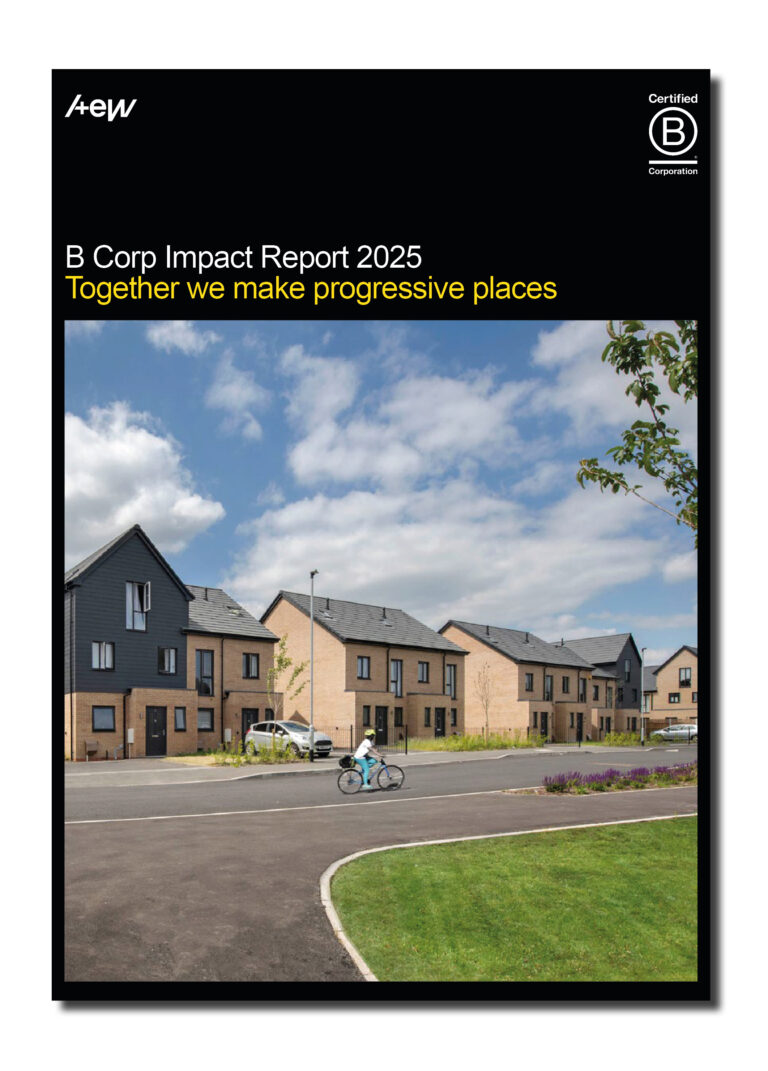RIBA 2030 Challenge
Share Article
The RIBA have developed voluntary performance targets for operational energy use, water use and embodied carbon. The performance targets align with the future legislative horizon and set a challenging but achievable trajectory to realise the significant carbon reductions necessary by 2030, in order to have a realistic prospect of achieving net zero carbon for the whole UK building stock by 2050.
By signing up to this challenge we will be encouraging our clients on our most significant projects to attempt to meet these targets and to carry out light touch post occupancy analysis to verify this performance following the first year of occupation.
The benefits to our clients of having projects that meet the in-use energy and water consumption targets include:
– Supporting net zero business models and buildings’ role within these.
– Demonstrating progress against client’s ESG commitments.
– Leadership ahead of business-as-usual approaches.
– Potential for reduced capital costs in face of rising material prices as embodied carbon targets push towards leaner and more efficient designs using less material.
– Reduced whole life operating costs as buildings are more efficient and cheaper to run.
– Accurate forecasting of expenditure in face of rising operating costs since targets are performance targets of actual use.
– Increased levels of occupant comfort and satisfaction driven by focus on quality and commission required to meet performance targets.
– Greater insight and clarity of client’s own environmental and carbon footprint.
– Mitigates risks of non-compliance with any future regulations and mandatory performance declarations.
– Provides the opportunity for recognition of exemplar building portfolios, future rounds of RIBA Awards submissions will require information on performance against the Challenge to be submitted.


